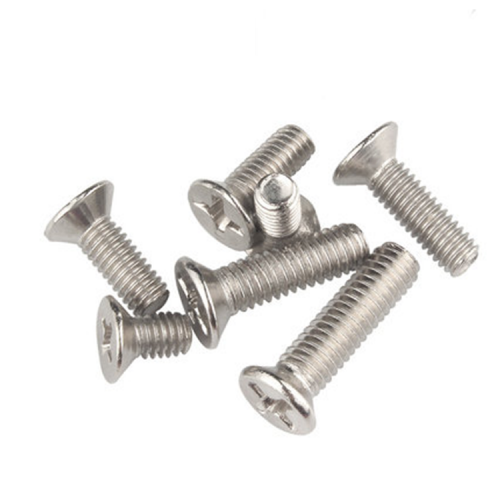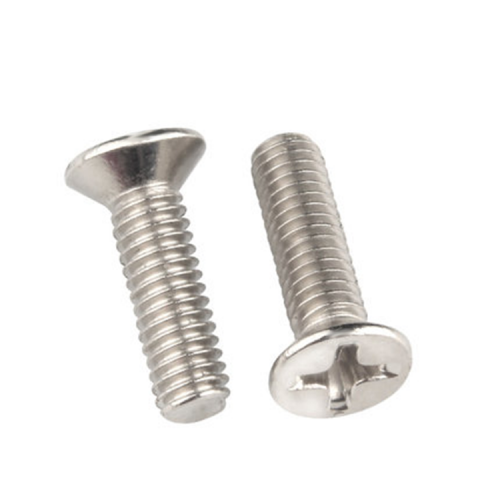

When it comes to choosing stainless steel screws for various applications, understanding the environmental conditions they will face is crucial for ensuring their performance and longevity. Stainless steel screws are renowned for their durability and resistance to corrosion, but not all stainless steel screws are created equal. The right choice depends on the specific environmental conditions they will be exposed to. Here’s a guide to help you select the appropriate stainless steel screws for your needs.

1. Understand the Types of Stainless Steel
Stainless steel screws come in various grades, each suited to different environments. The most common grades include:
304 Stainless Steel: This is the most widely used grade due to its excellent corrosion resistance and good mechanical properties. It is suitable for general-purpose applications and environments that are not excessively corrosive.
316 Stainless Steel: Known for its superior corrosion resistance, 316 stainless steel is ideal for more aggressive environments, such as those with high chloride exposure or marine applications. It offers enhanced resistance to pitting and crevice corrosion.
2. Consider the Environmental Conditions
To select the right stainless steel screws, consider the following environmental factors:
Corrosion Exposure: If the screws will be exposed to saltwater, chemicals, or extreme weather conditions, opt for 316 stainless steel. This grade is more resistant to corrosion and will perform better in harsh environments compared to 304 stainless steel.
Temperature Extremes: Stainless steel screws generally perform well in a wide range of temperatures. However, if the application involves extreme temperatures, verify that the selected grade maintains its mechanical properties at those temperatures.
Chemical Exposure: For environments where screws will be in contact with chemicals or acids, ensure that the chosen grade of stainless steel can withstand these substances. 316 stainless steel, for example, offers better resistance to a range of chemicals compared to 304 stainless steel.
3. Match the Screw Type to the Application
Different applications may require specific types of screws:
Machine Screws: Suitable for precision work and used with nuts or threaded holes.
Sheet Metal Screws: Ideal for fastening metal sheets to other materials.
Wood Screws: Designed for wood applications, with specific thread patterns to ensure a strong hold.
4. Evaluate the Product Range at SHW Hardware
SHW Hardware offers a wide selection of stainless steel screws tailored for various conditions. For instance:
304 Stainless Steel Screws: Available for general-purpose applications where standard corrosion resistance is sufficient.
316 Stainless Steel Screws: Perfect for marine environments and applications requiring higher corrosion resistance.
You can find a diverse range of these products at SHW Hardware, allowing you to select screws that meet your specific needs.

5. Consult with Experts
If you are unsure about the best choice for your specific conditions, consult with experts or suppliers like SHW Hardware. They can provide valuable insights and recommendations based on your requirements.
Conclusion
Selecting the right stainless steel screws involves understanding the environmental conditions and choosing the appropriate grade and type of screw. By considering factors such as corrosion exposure, temperature extremes, and chemical contact, you can ensure optimal performance and longevity. For a comprehensive range of stainless steel screws suited to various applications, explore the offerings at SHW Hardware.